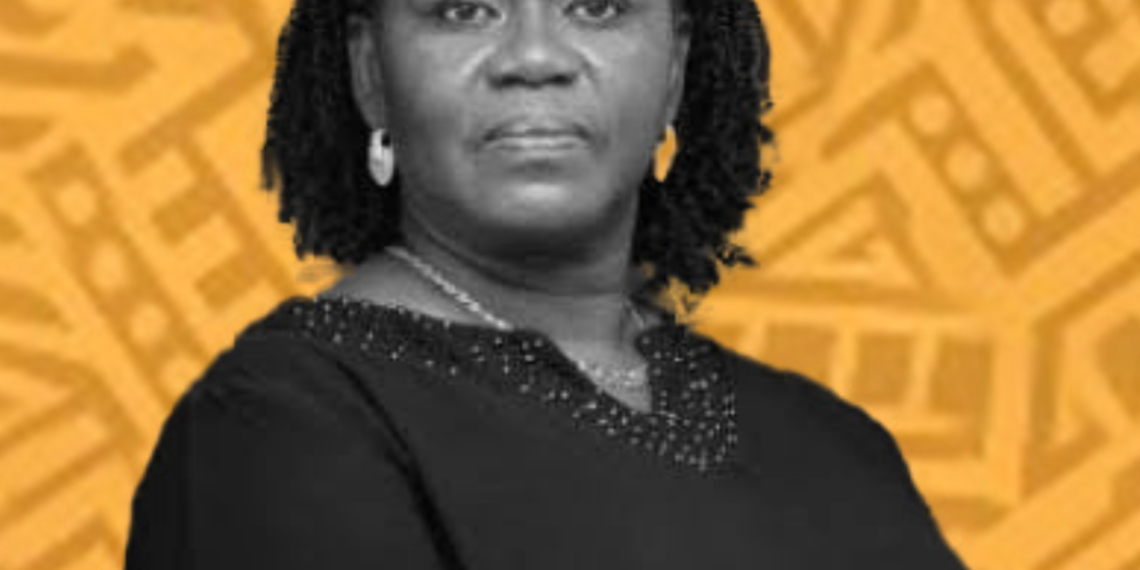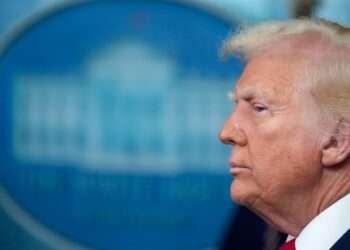Former presidential staffer and political commentator, Ibrahim Adjei, has called for sober reflection and prudence in the handling of judicial processes, particularly those involving high-ranking officials like the Chief Justice.
Speaking on the ongoing controversy surrounding the suspension of Chief Justice Gertrude Torkornoo, Adjei expressed grave concerns about the precedent being set and the potential long-term consequences for Ghana’s judiciary and political balance.
Cautioning against politically motivated decisions, Adjei reminded political actors that power is transient and cyclical. “The actions we take today set the precedent for tomorrow,” he stated.
He warned that failure to act with foresight could lead to a future where revenge becomes normalized in Ghana’s governance framework – a scenario where governments may exploit current actions to justify retaliation.
“It’ll be payback in some way, shape or form, where now the judiciary becomes just a political tool of whatever administration is in power”
Ibrahim Adjei, Former Presidential Staffer And Political Commentator
“Sometimes the mirage of being apolitical is there, but we, on both sides of the fence, know that these judges are biased to this party or that party,” Adjei said, pointing out that political leanings in the judiciary are no secret within Ghana’s political ecosystem.
However, he cautioned against formalizing this latent reality into overt political tools, especially in how Chief Justices are treated across administrations.

Using a scenario where the President and the Vice were out of the country, Adjei drew attention to the crucial constitutional role of the Chief Justice, especially as the third in command in Ghana’s presidential succession line.
“If the speaker, at that same time, is also out of the country, who is in charge? The CJ. Can you see where I’m going with this?” he asked, emphasizing the importance of safeguarding judicial integrity for national stability.
He warned that politicizing the office would transform the judiciary into an “appendage of the administration,” thus eroding its credibility as a check on executive power. “So that’s my cue that we need to cure it,” he urged.
Handling High Offices
While acknowledging the constitutional validity of Article 146, which governs the removal of superior court judges, Adjei stressed the need for tact and sensitivity when dealing with top judicial figures.
“The level of the personality you are dealing with warrants that you take a more cautious route in maneuvering or chaperoning the process”
Ibrahim Adjei, Former Presidential Staffer And Political Commentator
He likened the Chief Justice’s stature to that of a traditional chief and argued that, just as governments temper their language and approach when dealing with figures like the Yagbonwura or Otumfuo Asantehene, similar care must be exercised in judicial cases.

“That doesn’t mean to say you’re going to truncate the case against the chief if the chief has been so accused of any wrongdoing – but you understand that the dynamics of the personality warrant that you deal with it in a different manner than you would an average man or woman in Ghana accused of the same crime”
Ibrahim Adjei, Former Presidential Staffer And Political Commentator
“The suspension is what has triggered this issue,” Adjei added. For him, it was the speed and manner of the Chief Justice’s suspension that intensified public suspicions of political motivation over the genuine pursuit of justice by the government.
He also noted that some commentary from members of the ruling party, NDC, have not helped in dispelling political perceptions surrounding the issue.
“They are not in any way diffusing the political agenda that is being alleged against the government by the chief justice and many of us as well”
Ibrahim Adjei, Former Presidential Staffer And Political Commentator
Adjei’s remarks highlight growing anxiety among political observers over the politicization of constitutional processes in Ghana and the weakening of institutions designed to safeguard democratic stability.
As the government navigates these concerns, observers like Adjei are calling for foresight, balance, and respect for institutional dignity.
READ MORE: Government Expects Fuel Price Stability as Global Oil Markets Cools




















